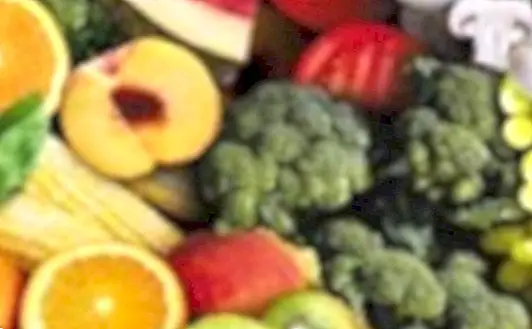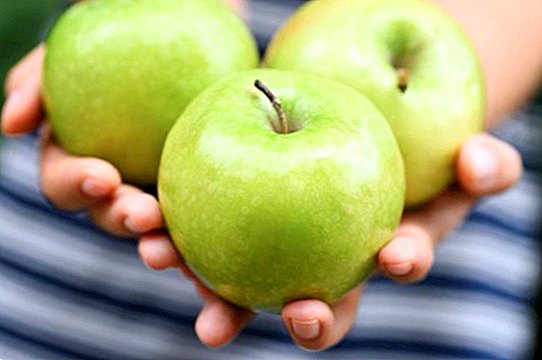The risks of vegetarian nutrition and nutrient deficits
The one named as vegetarian food It is considered a healthy alternative, as long as it is carried out in a responsible manner and the nutrients that it needs to live properly are provided to the organism.
It is a type of diet that prevents cardiovascular diseases because the consumption of food of animal origin is relatively low, especially being a diet based on the consumption of fresh and natural foods, helps protect our body from the different Heart disease, hypertension, certain types of cancer, or diseases such as diabetes.
But given that certain foods are eliminated, it is usually usual for the vegetarian to not know what foods can nutritionally substitute the eliminated ones, which translates into the appearance of possible nutritional deficits.
What are the main risks of vegetarian food?
There is no doubt that vegetarian nutrition helps positively reduce the risk of cardiovascular disease, certain types of cancer and diabetes.
All this if, as we have indicated, a balanced vegetarian diet is followed in which there is no shortage of nutrients, vitamins and minerals that are extremely important for our body. And as long as it is supervised by a nutritionist and under medical supervision in itself.

But if this is not the case, different imbalances and problems in the organism can occur. It is what is called as risks of vegetarian food, which are?.
Those diets or vegetarian feeds that do not include food supplements can lead to different nutritional deficiencies, especially in situations where there is a high metabolic demand, as is the case of women before and during pregnancy, or in adolescence .
Vitamin deficits
One of the deficits of vitamins more common within the vegetarian diet is the one that occurs with the b12 vitamin, a water-soluble vitamin important for metabolism, since it helps the formation of red blood cells in the blood, in addition to the maintenance of the central nervous system.
This occurs mainly because the main food sources of vitamin B12 are found in foods of animal origin and derivatives, such as eggs, beef, milk and derivatives, organ meats, poultry and seafood.
Therefore, to avoid vitamin B12 deficiency, it is best to opt for the following foods:
- Whole grains: wheat, brown rice, wheat germ, barley and corn.
- Fruits: apples, oranges, mangoes, grapes, melons, watermelons and raspberries.
- Vegetables: peas, chickpeas, lentils, beans and beans.
- Vegetables and greens: potatoes, sweet potatoes, yams, Brussels sprouts, spinach, chicory, watercress, onions, tomatoes and garlic.
- Nuts: hazelnuts, almonds, chestnuts, peanuts and pistachios.
- Mushrooms: dry shiitake
If you are interested in discovering more about vitamin B12, we encourage you to read the article Everything you should know about vitamin B12 if you are vegan (or strict vegetarian).

Mineral deficits
Mineral deficits can also occur, highlighting above all those of zinc, iron Y calcium since they are micronutrients that we find especially in foods of animal origin.
You can find iron in the following foods:
- Vegetables: beans, chickpeas, lentils, peas, beans and soybeans.
- Cereals: oats, wheat, barley and rice.
- Olives.
- Dehydrated fruits: apricots, dates, raisins and plums.
- Vegetables and greens: spinach, cabbage, Brussels sprouts, arugula, artichoke, broccoli and chard.
- Nuts: hazelnuts, pistachios, almonds, nuts and raisins.
You can find zinc in the following foods:
- Cereals: whole grains, wheat germ, wheat bran, soybean meal, soy ...
- Vegetables: chickpeas, peas.
- Nuts: pine nuts, sunflower seeds, peanuts, almonds.
- Seeds: oregano, paprika, laurel.
- Drinks: tea.
You can find calcium in the following foods:
- Nuts: almonds, hazelnuts, dried figs, pistachios, nuts, raisins, dates.
- Vegetables: chickpeas, white beans, dried beans, lentils.
- Olives.
- Vegetables and greens: chard, spinach, leeks, chard.
As we see, especially at the beginning, or advisable is always have an adequate medical supervision, and that the diet has been established by a nutritionist-dietitian. This article is published for informational purposes only. You can not and should not replace the consultation with a Nutritionist. We advise you to consult your trusted Nutritionist.


